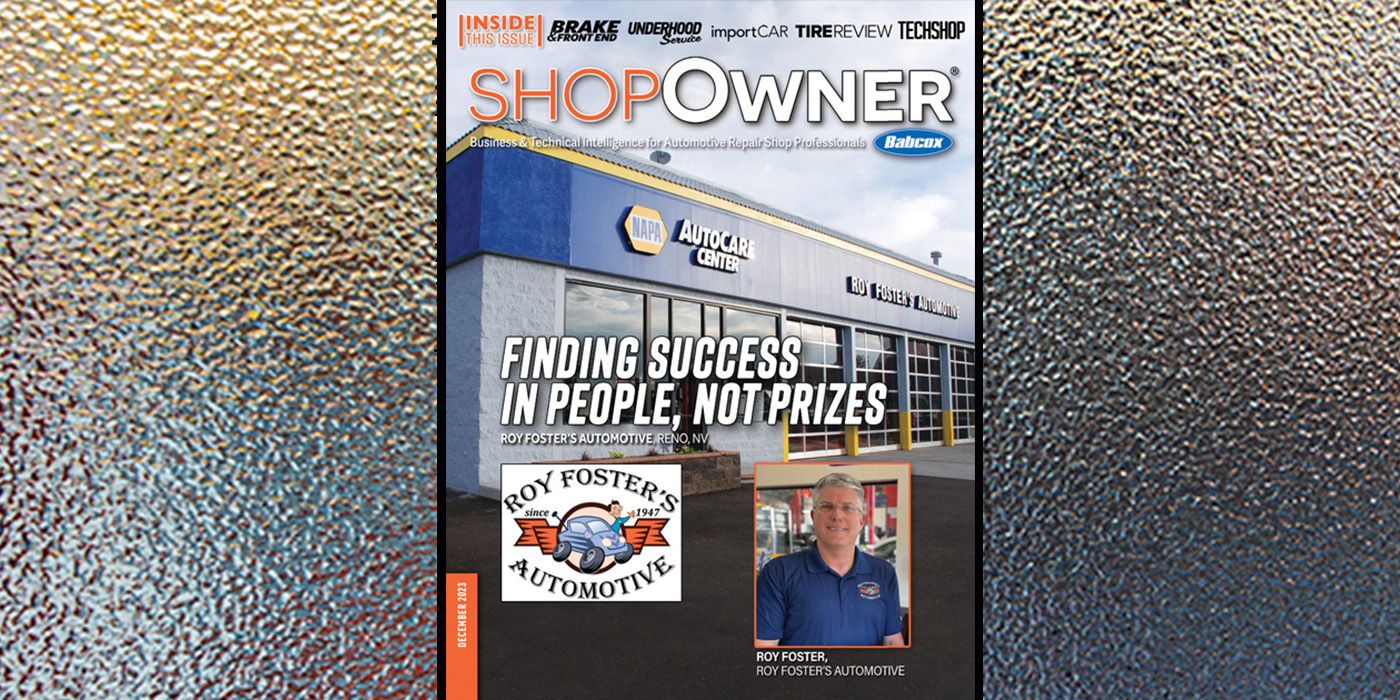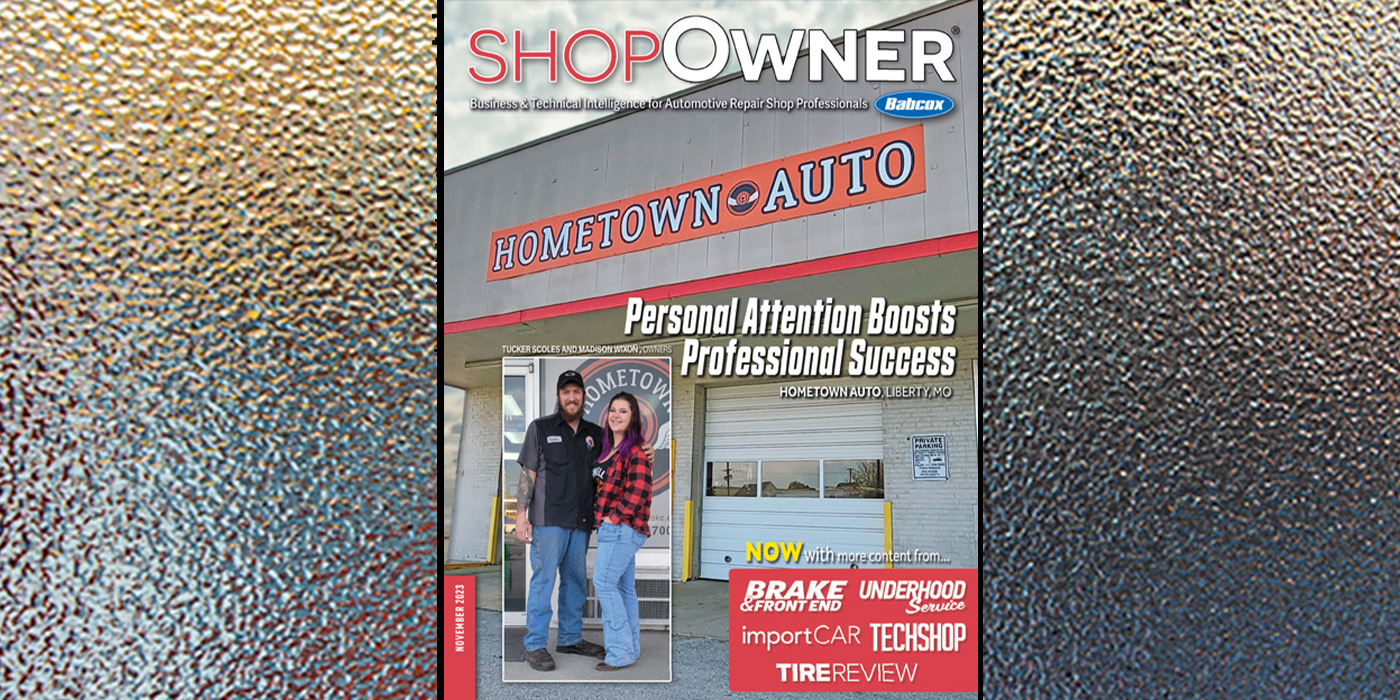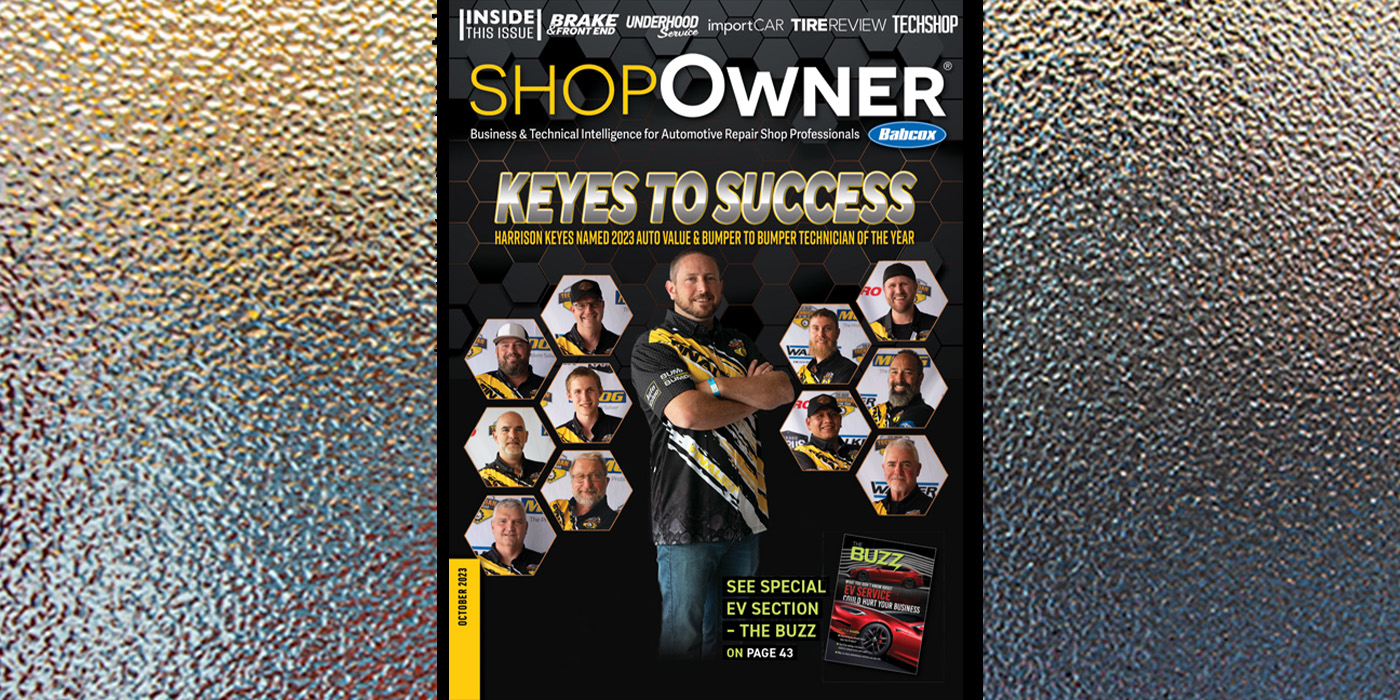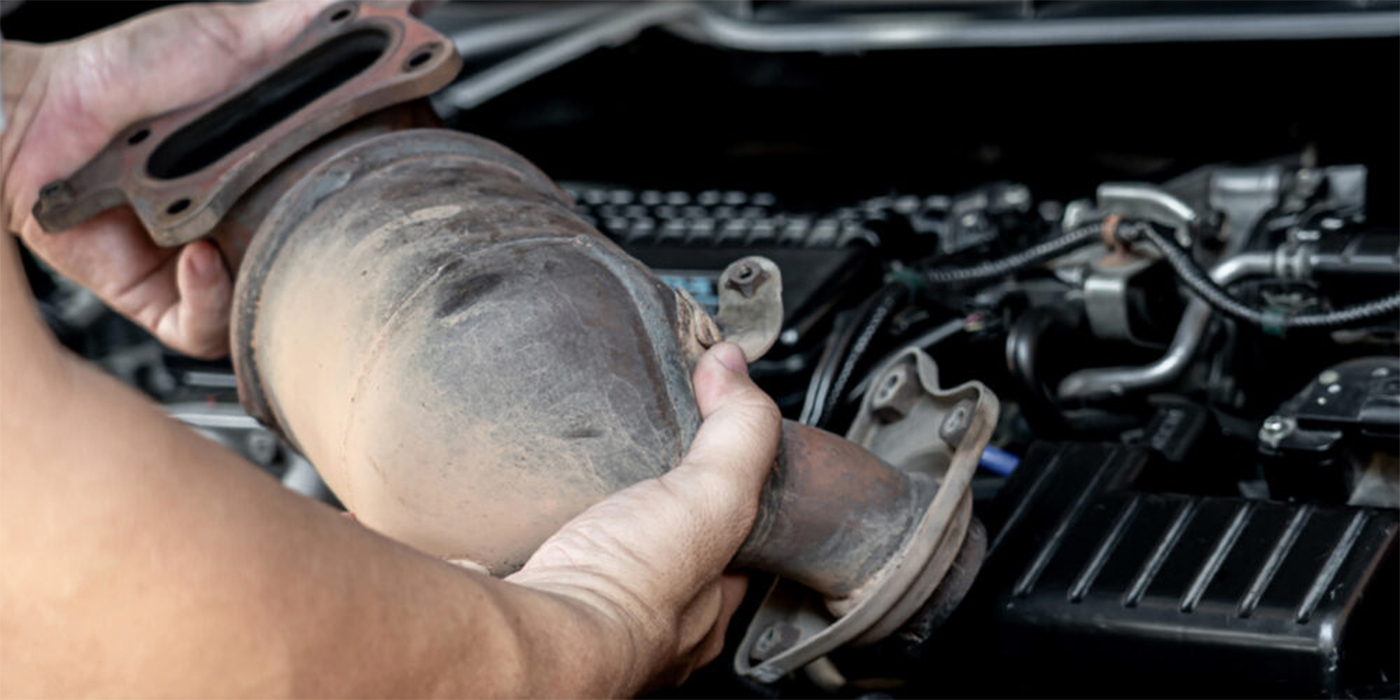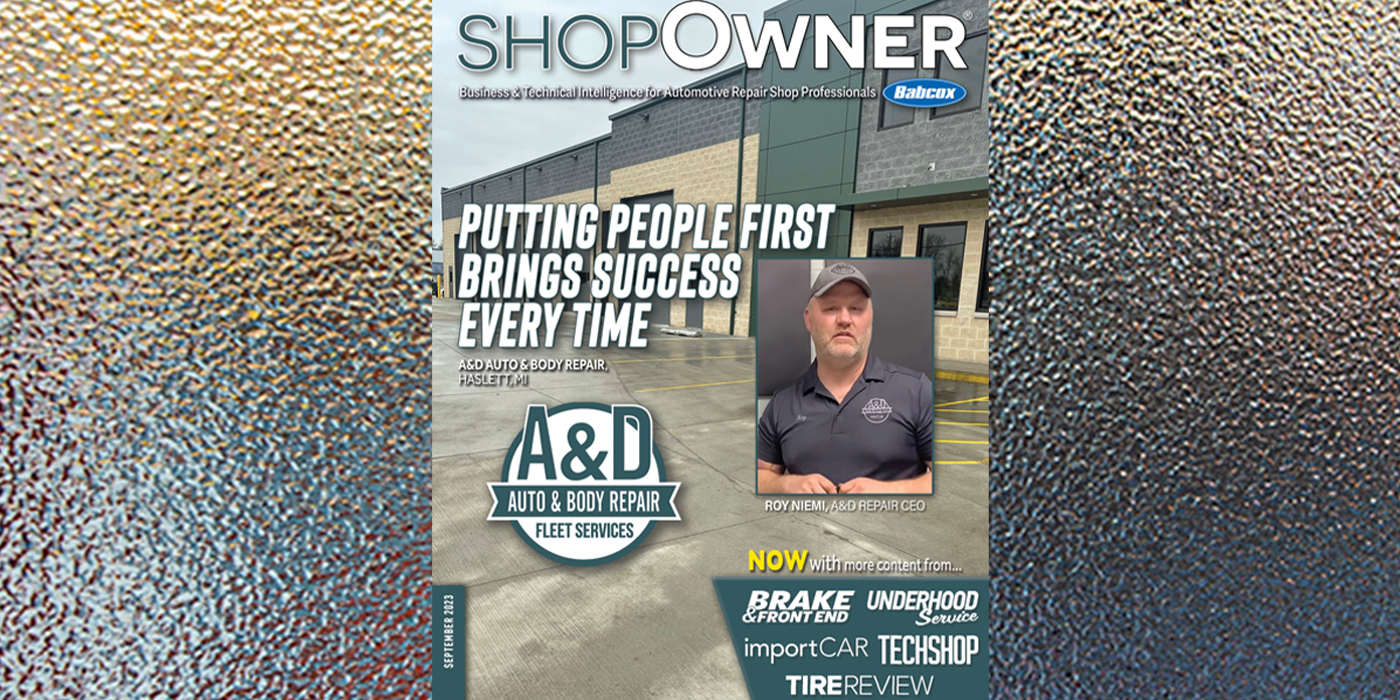While every transfer of business ownership is unique, unforeseen challenges — in this case, a national business recession that resulted in decreased sales and complicated by environmental and family ownership issues — can cause the selling process to drag on for what seems like forever, to the frustration of all parties involved.
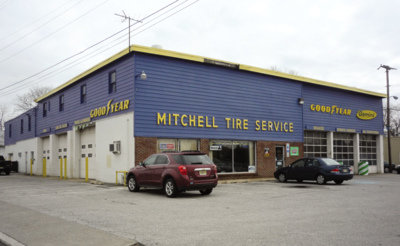
Family-Owned Business
Mitchell Tire Service, a Goodyear independent dealership in Glassboro, NJ, was opened in 1951 and moved to its current location in 1954. It was family-owned and operated by the Mitchell family for more than 60 years.
Sam Mitchell was just a kid when his father and uncle first built the business as partnered owners. Sam owned another business for 27 years in an area about 20 miles away when his father passed away in 1999 and his uncle asked him to relocate to help run Mitchell Tire Service. Sam and his brother and sister were the heirs to their father’s percentage of ownership of the business. Over the next three years, until the estate was settled, Sam sold his former business and became a full-time manager.
“As joint owners, we hired a local business brokerage firm in 2002 to represent us for a year, with the goal being to sell the business and split the proceeds,” Sam said. “There were no positive results to that effort. That may have been because we were just asking too much for the business.
“But since I was running the business, and we had no viable takers, it was decided in 2003 that I would continue as the manager. At the same time, Goodyear had created the Goodyear Gemini Automotive Care program, so we dove into that and did quite well. During the next four years, until the recession hit in 2007, we shopped the business around on a word-of-mouth basis within the Goodyear community of independent owners. Every year we had one or two people who were interested in the business, but none of them ended up being financially qualified buyers.”

Automotive Aftermarket Business Broker
Sam and his team hung in there, but sales dropped precipitously over the next few years. In 2011, he saw an ad and contacted me for business brokerage services.
“Over the next couple of months, we worked together in formulating a selling plan, including the creation of a comprehensive marketing package with financial statements,” Sam said. “We were selling both the real estate and the business. Sales for the business had gone down significantly, so most of the value was in the real estate. Art arranged for an appraisal, a real estate listing agency and demonstrated how important it is to have a specialist in the automotive aftermarket to properly prepare for a sale.”
Goodyear is a globally recognized brand, offering total car care including brakes, oil changes, scheduled maintenance, air conditioning, steering and suspension services. So, we marketed Mitchell Tire Service as an independent Goodyear retailer — an established, turnkey operation that already has equipment, inventory and employees in place. The store had recently transitioned from the Gemini Automotive Care Program to the new Goodyear Tire and Service Network.
The well-maintained, fully equipped shop of approximately 9,000 sq.-ft. has nine service bays and extensive tire storage areas. The shop is staffed with two experienced service managers and four full-time technicians.
Approximately 60% of sales were derived from automotive service and 40% from tires.
Mitchell Tire Service has an excellent customer service reputation built by the Mitchell family ownership and has provided brand-name tire products and consistent service to a loyal customer base. It’s located in an area of population and economic growth.

Environmental Issues
In July 2011, once preparation was completed, we began to confidentially advertise the business on the Internet and actively promote the business to my network of executive contacts at leading national and local chains. Within only a couple of weeks, we had two interested buyers. In fact, Sam was thrilled to obtain not just one, but two letters of intent within the same week. Sam decided to pursue the higher offer and embarked on a year-long journey of environmental studies and contract issues.
The prospective buyer contracted with a firm for a Phase 1 environmental report, followed by Phase 2 testing. Long before, in 1995, a gasoline tank had been removed from the property, and the Environmental Protection Agency through the State of New Jersey had issued No Further Action documentation. The conclusions of the 2011 Phase 2 testing recommended additional testing and monitoring wells, carrying a cost of $50,000, which the prospective buyer wanted the seller to fund. Despite best efforts to reach a compromise, negotiations broke down and the prospective buyer backed off on the deal.
“This whole process dragged on for a year, until the second half of 2012, and we were all extremely disappointed that we had lost the deal,” Sam said.
I was then able to obtain a Letter of Intent from a local four-location chain with a purchase offer for less money, but, by then, Sam was eager to sell and willing to agree to less if it was a cash deal.
“That deal broke down because the attorneys for both sides could not work out a satisfactory compromise on the environmental representations to be included in a purchase agreement,” Sam continued. “By that time, it was the end of 2012.”
We persevered and, in early 2013, found interested prospective buyers. But either they could not financially qualify or would not tackle the environmental issue.
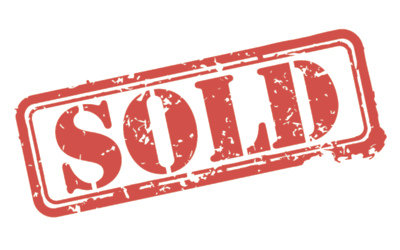
Successful Closing
In March 2013, I was able to get the other original interested major chain buyer engaged again. The environmental situation was complicated, but that buyer was willing to control the testing and was satisfied enough to proceed with the transaction with no representation from the seller and a limited amount of money put in escrow. It successfully closed in August 2013.
When Sam was asked if he missed the daily grind of the business, he said, “Funny you should ask that. The answer is ‘No!’ My uncle retired about eight years ago and I was the lone hands-on manager right to the end. Over the past couple of years, I was really feeling the pressures that accompany business ownership. That included everything from managing the six employees, to doing the books and payroll on a new computer system, to jumping in and helping the techs when we were busy, to bearing the financial stress of dramatically increasing taxes and overhead expenses, to shoveling the snow.
“I do miss customers and my guys, but my only regret is that I didn’t meet Art sooner and sell the business eight or 10 years ago.”
Seller’s Advice to Other Sellers
Sam was asked if he had advice for other aftermarket business owners contemplating selling a business. He responded, “Based upon my experience, I would advise them to first get their ducks in a row regarding any potential environmental issues they may have. Environmental testing can have far different conclusions based upon which firm is doing the testing.
“But over and above the very specific environmental testing challenges I experienced, it’s important to have thorough environmental records and manifests by reputable firms regarding drains, grease traps, and tire and used oil and anti-freeze removal. Most banks will want to see all that prior to loan approvals.
“Also, I think it’s very important to be flexible, and to have a good attorney who will present the proposed contract and not allow negotiations to drag on needlessly while the meter is running.
“I recommend to anyone who is looking to sell their aftermarket business to obtain the services of a business broker who knows our industry. Art Blumenthal is the model for that, and he was so good that once we settled, he was the first one I paid.
“Throughout the 28-month period, Art persevered and was actively involved in all aspects of the selling process,” Sam continued. “He always had an open line, communicated well and never gave up. I respect his professionalism in representing us very much. He really looked out for our interests throughout every aspect of the process and, due to the many stressful challenges facing this sale, was able to calm me down on more than one occasion so that we could continue moving forward.
“I learned that as a result of his extensive background in the automotive aftermarket, both as a shop owner and in the auto service software business, Art had many industry CEO contacts and could pick up a phone, make things happen and get things done. He didn’t waste our time with unqualified buyers.”
Sam is fully enjoying retirement with his wife, Gloria, and feeling free of the stress of running a business, while recognizing that younger people can derive a great deal of satisfaction by pursuing the dreams of owning their own shop.
For more information, visit www.art-blumenthal.com.









